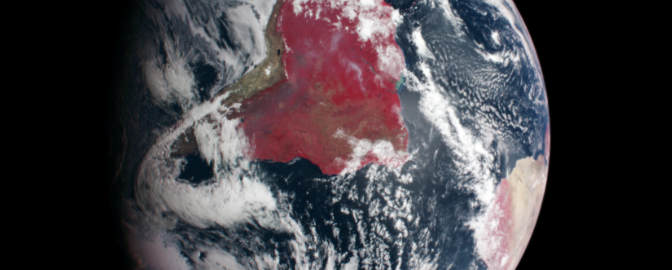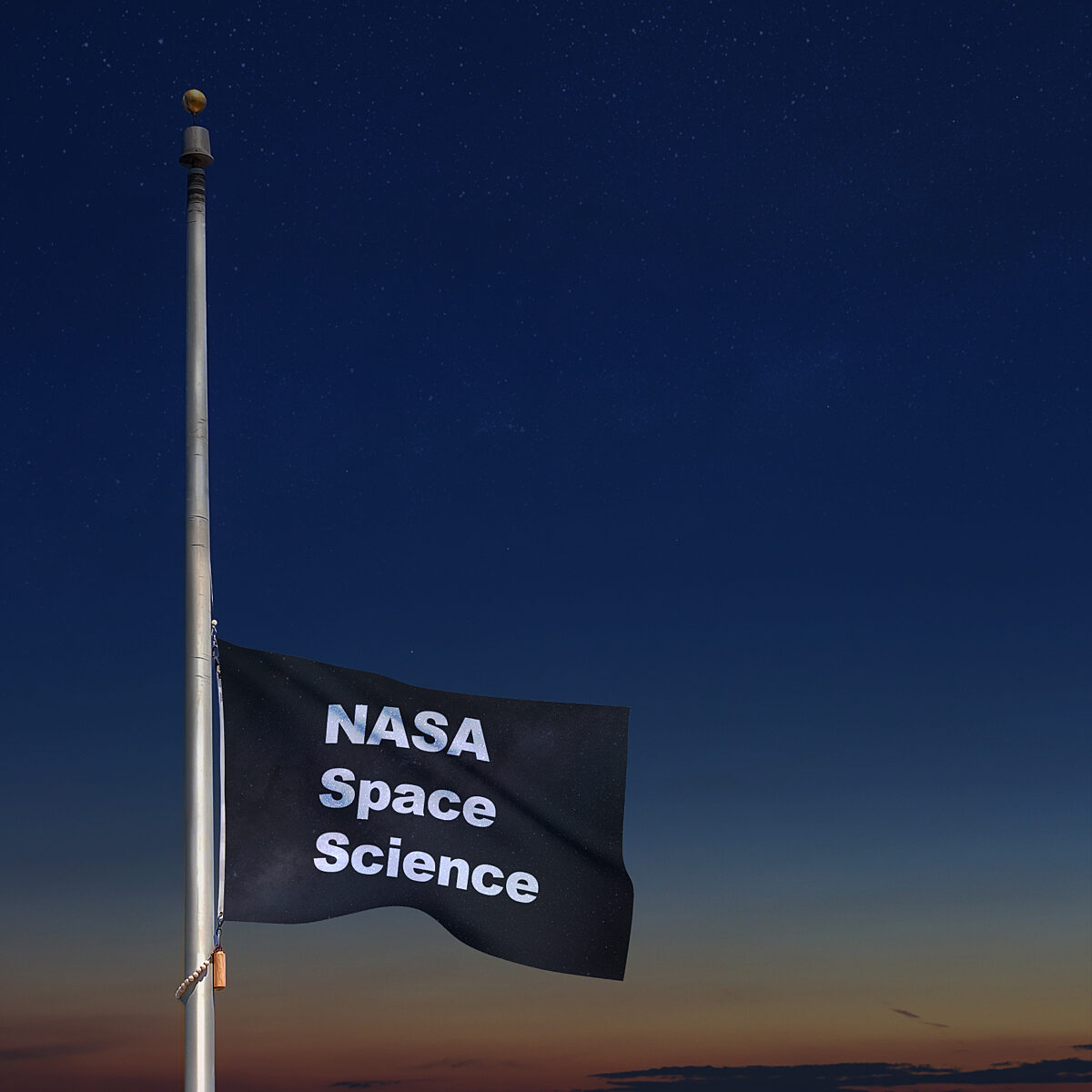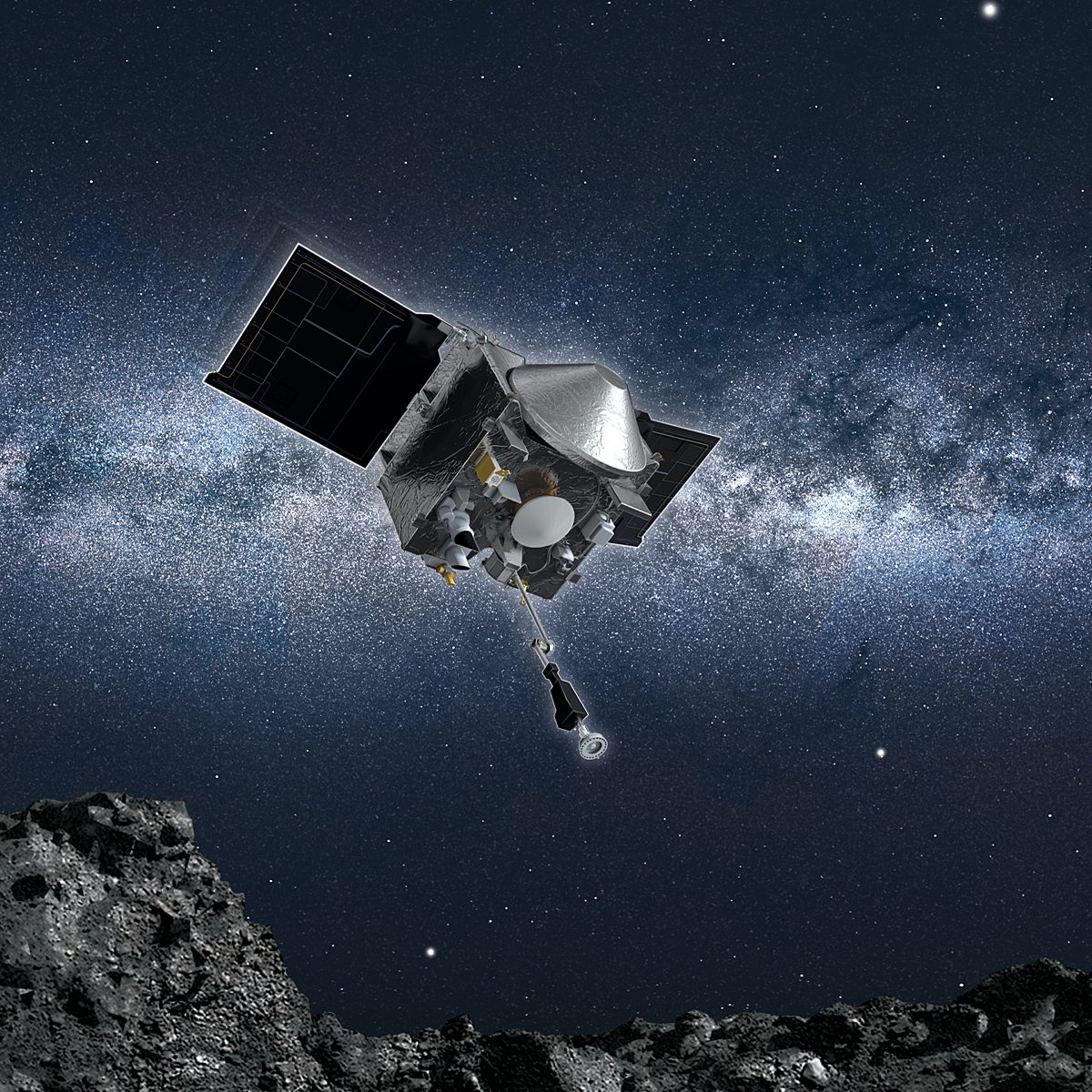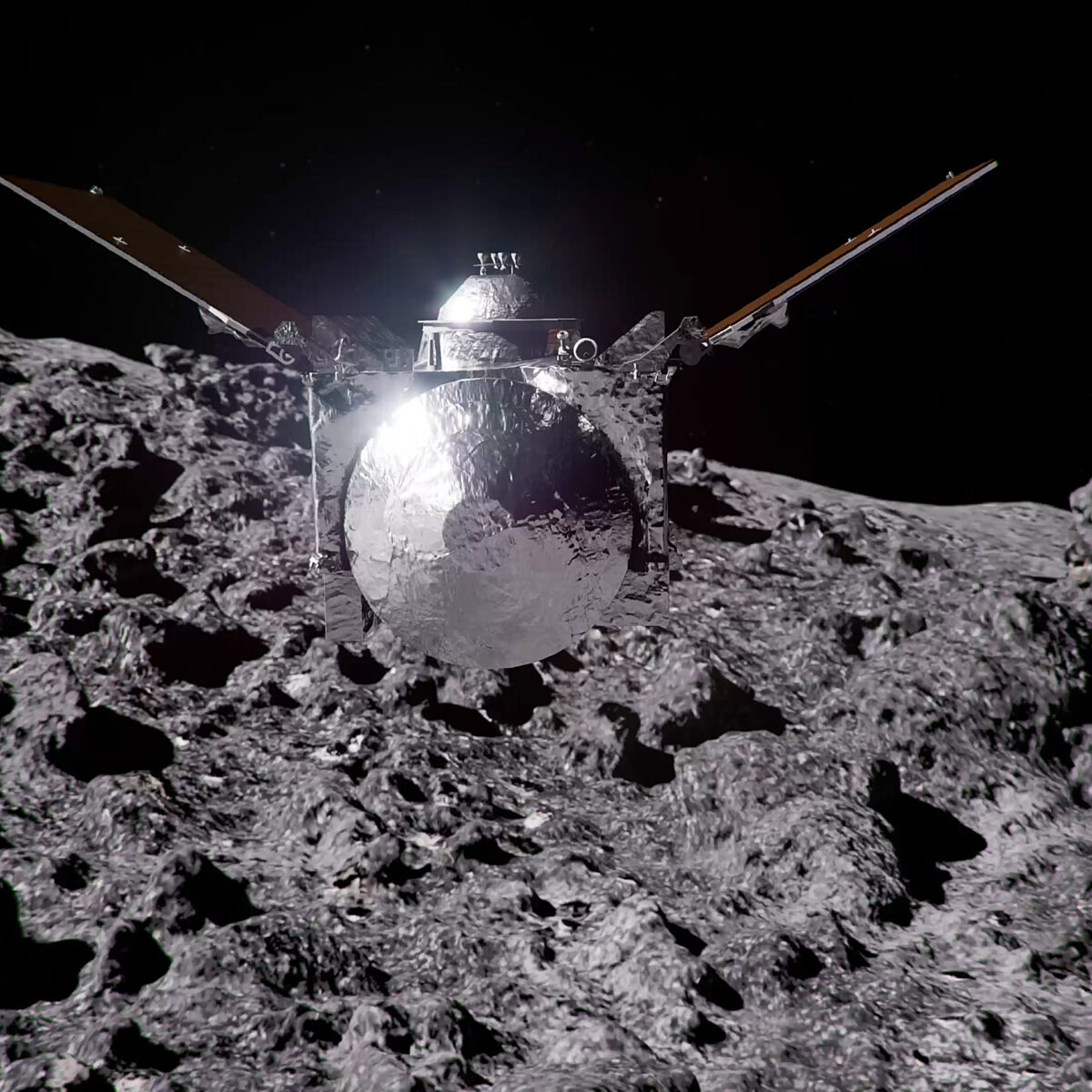Since 2002, Planetary Radio has visited with a scientist, engineer, project manager, advocate, or writer who provides a unique perspective on the quest for knowledge about our Solar System and beyond. The full show archive is available for free.
Search Planetary Radio
Astronomers have discovered a new interstellar comet, 3I/ATLAS, the third object ever seen entering our Solar System from another star. We speak with Bryce Bolin, research scientist at Eureka Scientific, about what makes this visitor unique and what it can teach us about other worlds.
New Horizons Principal Investigator Alan Stern joins us to celebrate the Pluto flyby’s 10th anniversary, with updates from planetary scientist Adeene Denton and Planetary Society Director of Government Relations Jack Kiraly. Plus, a look at Arrokoth in What’s Up with Bruce Betts.
The Rubin Observatory releases its first public images, revealing millions of celestial objects. We explore the science with Stephanie Deppe, astronomy content strategist at Rubin Observatory.
The Fiscal Year 2026 congressional budget justification for NASA could mark the beginning of a dark age for NASA science. We examine what’s at stake and how you can help advocate for NASA’s future.
Scott Sandford, co-investigator on OSIRIS-REx and a research scientist at NASA’s Ames Research Center, discusses the first published analyses of the Bennu sample, revealing insights into the early Solar System and the origins of life.
Asteroid 2024 YR4 has captured global attention, but is it really a threat? Kate Howells breaks it down. Then, Casey Dreier and Jack Kiraly analyze how the new Trump administration is shaping NASA’s future.
How did Pluto meet its largest moon, Charon? Adeene Denton, a research scientist at the University of Arizona, suggests a "kiss-and-capture" may solve this mystery.
Sarah Al-Ahmed, the host of Planetary Radio, marks her one-hundredth episode with a look back at the defining moments of the past 100 weeks of space exploration.
Mohsen Al Awadhi and Hoor Al Hazmi, the director and science team lead for the Emirates Mission to the Asteroid Belt, join Planetary Radio for an update on the mission’s progress.
This week we discuss recent research on the origins of Pluto’s heart and what it can tell us about whether or not the dwarf planet has a subsurface ocean with Adeene Denton from the University of Arizona.
We look forward to the Oct. 7 launch of the European Space Agency's Hera spacecraft with Michael Küppers, project scientist for the mission.
Get up to speed on the latest in commercial space news and look forward to the European Space Agency’s Ramses mission to Apophis with members of The Planetary Society team.
We celebrate the second anniversary of the James Webb Space Telescope's (JWST) science operations with Christine Chen, associate astronomer at the Space Telescope Science Institute.
We observe Asteroid Day with an update on NASA’s Double Asteroid Redirection Test (DART) mission with the Asteroid Foundation’s Markus Payer and JHUAPL’s Terik Daly.
We discuss the delightfully unpredictable nature of space discoveries with Chris Lintott, author of the upcoming book Accidental Astronomy.
Dante Lauretta, the principal investigator for NASA's OSIRIS-REx mission, joins Planetary Radio to share stories from his new book, The Asteroid Hunter.
A team co-led by the Southwest Research Institute has made a groundbreaking discovery, revealing evidence of hydrothermal or metamorphic activity on the icy dwarf planets Eris and Makemake in the Kuiper Belt. The lead author of this research, Chris Glein, joins Planetary Radio to explain.
Scott Guzewich, deputy project scientist for NASA’s OSIRIS-APEX mission, joins Planetary Radio to discuss the next steps for the mission as we count down to asteroid Apophis’ flyby of Earth in 2029.
Members of The Planetary Society staff revisit some of 2023's most exhilarating moments and groundbreaking discoveries in space this week on Planetary Radio.
Hal Levison and Simone Marchi, the principal and deputy principal investigators for NASA’s Lucy mission, join Planetary Radio to discuss the spacecraft’s first asteroid flyby.


 Explore Worlds
Explore Worlds Find Life
Find Life Defend Earth
Defend Earth





















